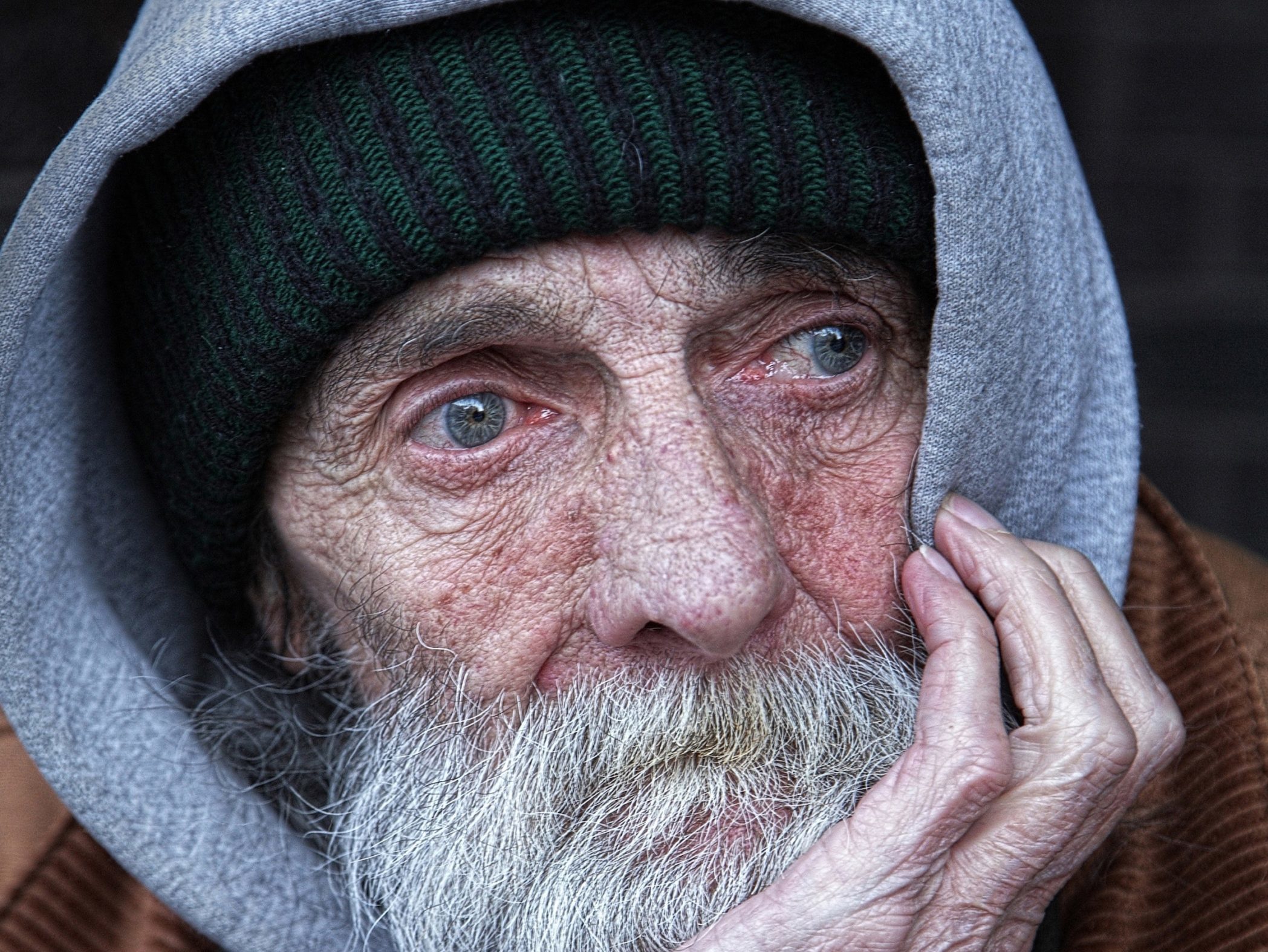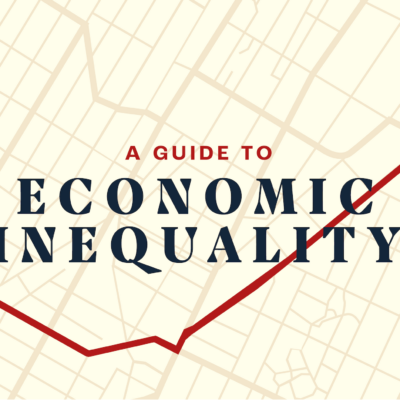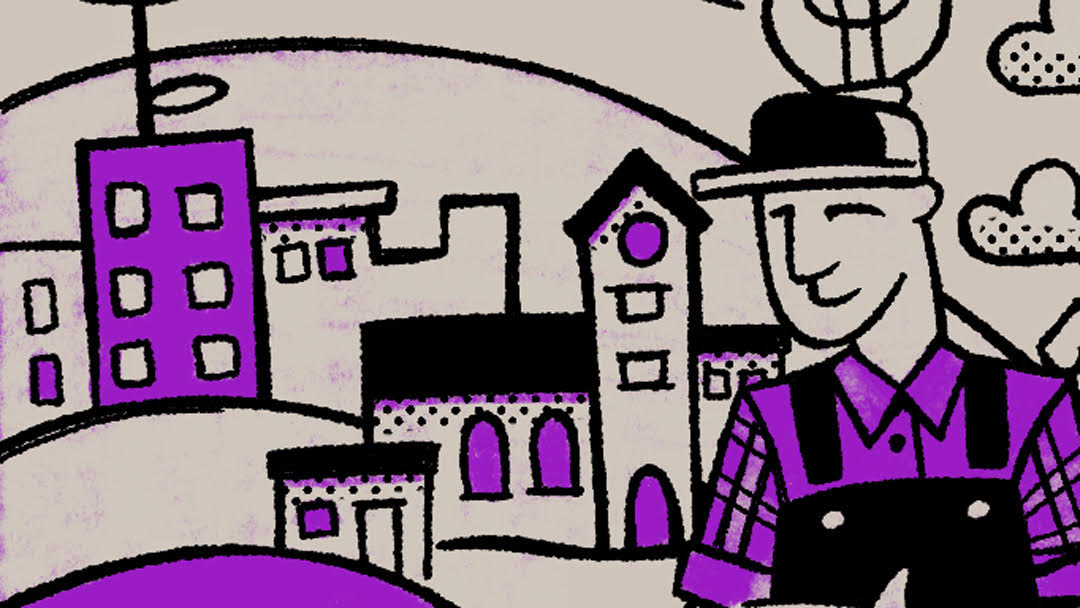

RECOMMENDED READING
A great deal of ink has been spilt over the issue of income inequality. This is not an undue concern. As Alexis de Tocqueville observed nearly two hundred years ago, the democratic spirit aspires to an equality of condition. But income should not be our only concern. A healthy society should also encourage an equality of dignity that transcends the merely financial.
Our Kids: The American Dream in Crisis was Robert Putnam’s 2015 contribution to our collective meditation on the growing divide in our country, one that has opened up between the super-successful few and the increasingly dispossessed many. I found the book useful, but unsatisfying. Putnam conceives of our problem in too narrow a fashion. He sees it as a failure to sustain the American promise of equal opportunity. But his interviews with young people suggest an anxious desire for a dignified way of life, not one focused on climbing the ladder of success.
When I closed the book I found myself thinking that Putnam remains encased within one of the leading conceits of our post-Sixties political culture. It holds that our main goal should be to make more people upper middle class. This conceit underwrote the “college for everybody” mentality that came to prominence during the Clinton years.
Charles Murray’s Coming Apart: The State of White America, 1960-2010 is another important effort to diagnose our present distempers. He comes closer to the truth. The divide in our society is economic, to be sure. But it also has moral-cultural dimensions. As Murray observes, the upper 20 percent are able to sustain traditional patterns of life—marital stability, regular employment, civic involvement, law-abidingness, etc. In this respect, they are not all that different than the grandparents.
By contrast, the bottom 30 percent have much more dysfunctional lives than earier generations of poor Americans. What Belmont (Murray’s term for the upper level of society) has managed to preserve Fishtown (the lower level) has lost.
Social scientists use notions such as “social capital” to describe what has been preserved at the top and lost at the bottom. But social capital is not just the basis for financial success in the way that financial capital provides its holders with income. It is itself a good, because a well-ordered life has more dignity than a disordered life.
Human dignity has two aspects. One is ascribed. Every person has dignity by virtue of being human. We respect that dignity by according everyone equal protection under the law, for example. However, dignity is also achieved. We rightly say that a rude or disruptive person acts in an undignified fashion, while someone who patiently endures mistreatment (or stands up to malefactors in fitting ways) acts with dignity.
Putnam’s problem in Our Kids rest in his fixation on success—upward mobility. This blinds him to the dignity deficit in American society. There are basic elements of a dignified life. One can be a faithful spouse, a responsible parent, a reliable friend, a competent worker, a steady member of the community, a person who accepts religious duties, and more. Without at least some of these elements, our fellow citizens live degraded lives. This degradation can be a greater affliction than poverty, especially when the great wealth of American society means that even those on the bottom enjoys small luxuries.
In my estimation, the diversity of voices contributing to The Commons is united in at least this one proposition: Twenty-first-century America is too divided, too unequal. This problem is rooted in economic policy decisions over the last two generations. But it is also rooted in moral and cultural trends, almost all of which have been promoted by elites. Those trends are de-regulatory, as were many of the economic policy decisions. As Daniel Patrick Moynihan might put it, we’ve endured a long spell of defining deviancy down.
Just as talented people with lots of social capital can swim successfully in an economically de-regulated environment, Charles Murray’s Coming Apart suggests that they can manage rather well in a de-regulated culture. And just as the less talented have floundered in the de-regulated economy, the lower and middle classes have slide into moral dysfunction over the last two generations. The upshot is a glaring dignity inequality. The epidemic of deaths of despair indicates how severe this problem has become. Addressing dignity inequality requires rebuilding moral guardrails, restoring stigma to shameful modes of behavior, and honoring the patterns of life that bestow dignity.
Recommended Reading
The Rich Get Richer, Middle Class Shrinks, and Conservatives Must Act
American Compass research director Wells King discusses the state of economic inequality in the United States and how conservatives should respond.
A Guide to Economic Inequality
American inequality is higher now than at any time since WWII. The gap is wide and getting wider. Read what the data show and why it matters.
Give Workers Power to Boost Productivity, Reduce Inequality
It’s an approach that echoes themes of the recent American Compass statement: a well-functioning system of organized labor should both “render[] much bureaucratic oversight superfluous” and reinforce the benefits of tight labor markets “through economic agency and self-reliance, rather than retreat to dependence on redistribution.”












